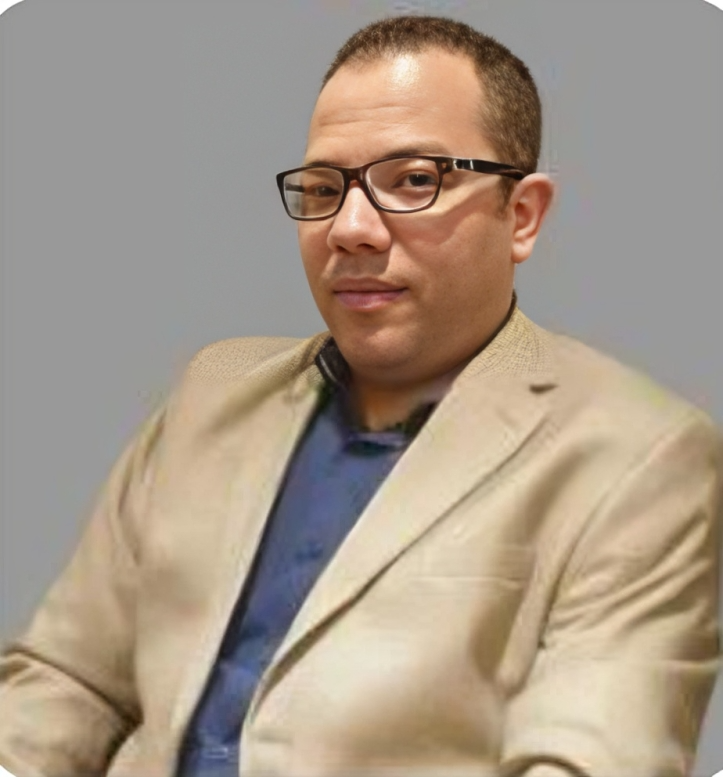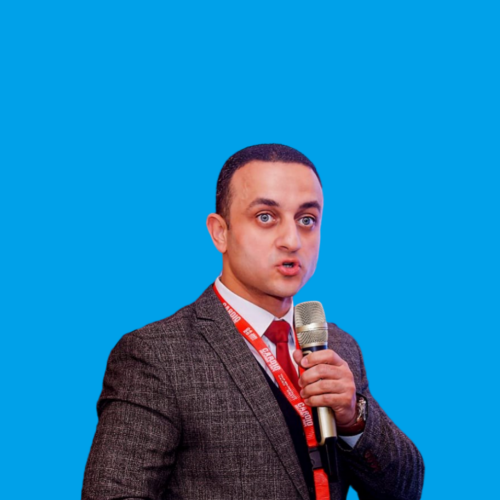Dr. Mahmoud Salah El-Basyouni
Consultant of Cardiovascular Diseases
🎓 Academic Qualifications:
Master’s in Cardiovascular Diseases - Ain Shams University
Fellowship in Cardiology and Interventional Catheterization
PhD in Cardiology - Benha University
📋 Memberships:
Member of the Egyptian Society of Cardiology
Member of the European Society of Cardiology
🩺 Medical Services Provided by Dr. Mahmoud Salah El-Basyouni:
1. Cardiovascular Diseases:
🔍 Diagnosis and treatment of heart diseases such as angina, coronary artery diseases, high blood pressure, heart valve diseases, and cardiomyopathy.
🩸 Treatment of coronary artery disease, including interventional catheterization and stent placement.
2. Diagnostic Tests:
💓 ECG (Electrocardiogram) to detect heart rhythm disorders.
🖥️ Echocardiogram (Ultrasound) to examine the heart's function and detect valve or muscle problems.
🏃♂️ Exercise ECG to assess the heart's ability to work under stress.
🩻 Holter Monitoring for continuous heart activity over 24 hours.
🩺 Diagnostic Catheterization to visualize coronary arteries and measure heart pressures.
🧪 Blood tests for cholesterol and fats and their effect on heart health.
3. Treatment of Heart Rhythm Disorders:
💊 Pharmacological and mechanical treatment for arrhythmias, such as medications or interventional catheterization.
4. Treatment of Coronary Artery Disease:
💉 Treatment of arterial blockages using interventional catheterization.
🔩 Balloon angioplasty and stent placement.
⚕️ Management of critical cases in intensive care units.
5. Treatment of Genetic Heart Diseases:
👶 Examination and treatment of heart issues in children, including congenital heart defects.
💔 Treatment of heart failure that results in decreased blood pumping efficiency.
6. Blood Pressure Diseases:
🩺 Diagnosis and treatment of hypertension (arterial and pulmonary).
📊 Providing therapeutic programs to minimize the effects of high blood pressure on heart health.
7. Treatment of High Cholesterol and Lipids:
💊 Consultations and treatment for high cholesterol and triglycerides that may lead to heart diseases.
8. Investigation of Heart Valve Issues:
🩺 Diagnosis and treatment of heart valve diseases such as stenosis or insufficiency using interventional catheterization.
9. Post-Cardiac Procedure Follow-up:
📋 Monitoring patients after undergoing interventional catheterization, stent placement, or balloon angioplasty.
10. Follow-up and Treatment of Rheumatic Diseases:
🩺 Treatment of rheumatic fever and its impact on the heart, including endocarditis (inflammation of the heart lining).
11. Intensive Care:
⚕️ Monitoring critical heart and chest-related cases in the Intensive Care Unit.
📍 Location and Address:
Clinic: 60 Khalifa El-Mamoun St., Heliopolis, Queen Center, 5th Floor.
📞 Contact and Appointment Booking:
Phone:
01009792276
01559920679
📝 Note:
Dr. Mahmoud Salah El-Basyouni has extensive experience in the field of cardiology and vascular diseases and utilizes the latest medical and therapeutic techniques in treating complex cases. He is an excellent choice for those seeking comprehensive and integrated heart care.


